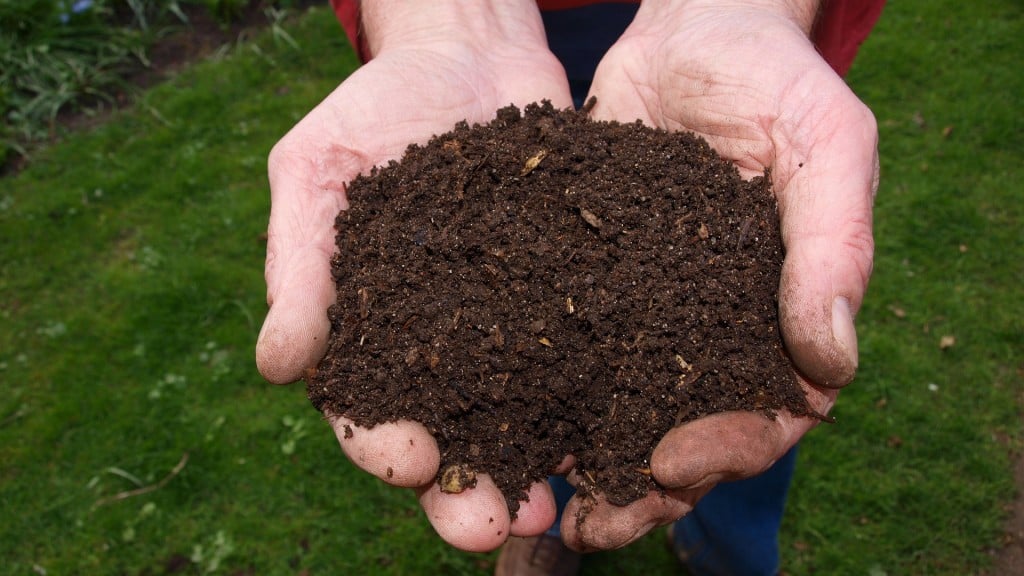Bluesphere receives air emissions permit for 5.2 MW waste-to-energy project
Organics-to-waste facility to begin producing clean energy in summer of 2015
Bluesphere Corp., an Israel-based clean energy company that develops, manages and owns waste-to-energy projects, announced June 2 that Mecklenburg County has issued the Company an air emissions permit for its 5.2 MW waste-to-energy project in Charlotte, North Carolina.
Obtaining the air emissions permit is a requirement prior to build-out and operations at the plant. The permit signifies that the 5.2 MW waste-to-energy plant meets stringent local, regional and national environmental emissions regulations.
"This marks another milestone in the development of our 5.2 MW clean energy project in Charlotte. The air permit usually tends to be one of the more difficult-to-get permits. We are now preparing to submit applications for the remaining permits, but the biggest piece of the permitting process is now behind us," stated Bluesphere CEO Shlomi Palas.
"We are nearing ground-breaking on the site and will produce and deliver power on schedule."
Bluesphere is the project owner, developer and manager for this 5.2 MW organics-to-energy anaerobic digester. The facility will intake organic waste such as food and farm waste that would normally go into landfills. The organic waste is processed in an anaerobic digester to emit biogas, which then is turned into electricity and compost is a by-product. The facility generates revenues from intake of organic waste, as well as the sale of clean, renewable electricity, and the sale of compost.
A Fortune 50 company has signed on to provide over $14 million in debt project financing for the facility and a leading environmental finance fund will provide equity project financing of $8.0 million, with an additional $1.5 million to be kept in reserve. One of the largest power holding companies in the U.S. has signed a long-term contract with Bluesphere to purchase electricity generated at the Charlotte plant. Compost, which is a by-product of the organics-to-energy generation process, will be purchased under a contractual agreement by one of the largest privately held composting companies in the world.
Bluesphere is developing its second U.S. organics-to-waste facility in Rhode Island and by 2018 the Company plans to have 11 facilities built with 6 more under construction and development. The company says waste-to-energy is one of the fastest growing segments in the renewable energy markets, and that according to SBI Energy, the thermal and biological segments reached $6 billion in 2012 and will reach $29 billion by 2022.


